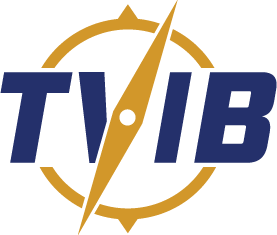USCG: Marine Safety Advisory 01-20 – Potential for Positive Drug Test Result from Use of Hemp-Plant Products
Excerpt from MSA 01-20 Potential for Positive Drug Test Result from Use of Hemp-Plant Products, published 02/10/2020
This Marine Safety Advisory is to ensure that mariners, marine employers, and sponsoring organizations are aware that some products marketed as hemp or cannabidiol (CBD) may contain enough tetrahydrocannabinol (THC) to cause a positive drug test. In accordance with 46 CFR 16.201(c), an individual who fails a chemical test for dangerous drugs must be removed from duties directly affecting the safe operation of the vessel, and is subject to suspension and revocation proceedings against his or her credential under 46 CFR part 5. Use of hemp or CBD products is not accepted as an affirmative defense (acceptable excuse) against a THC-positive drug test
result. For these reasons, mariners wishing to avoid a positive THC drug test result should exercise extreme caution when considering the use of any hemp or CBD product because such use could result in the loss of their merchant mariner credential and immediate removal from safety sensitive duties aboard a vessel. This warning applies to hemp and CBD products in any form, including those that are taken by mouth and those that are applied to the skin.
It remains unacceptable for any U.S Coast Guard credentialed mariner or other safety-sensitive worker working aboard a vessel that is subject to U.S Coast Guard drug testing regulations to use THC. Claimed use of hemp products or CBD products is not an acceptable defense for a THC- positive drug test result.
